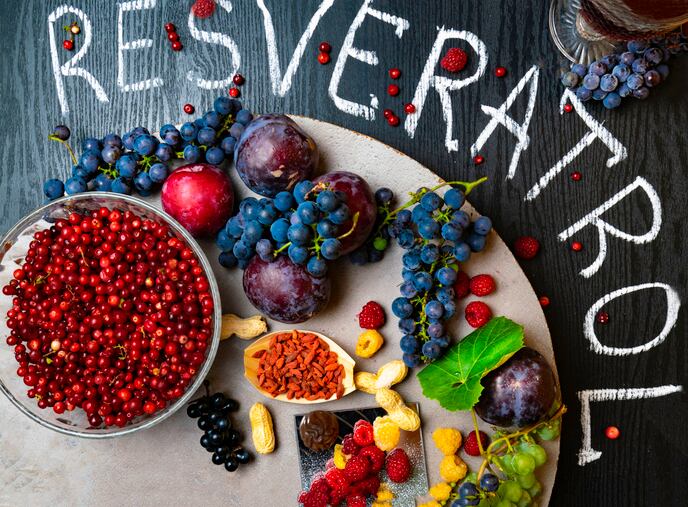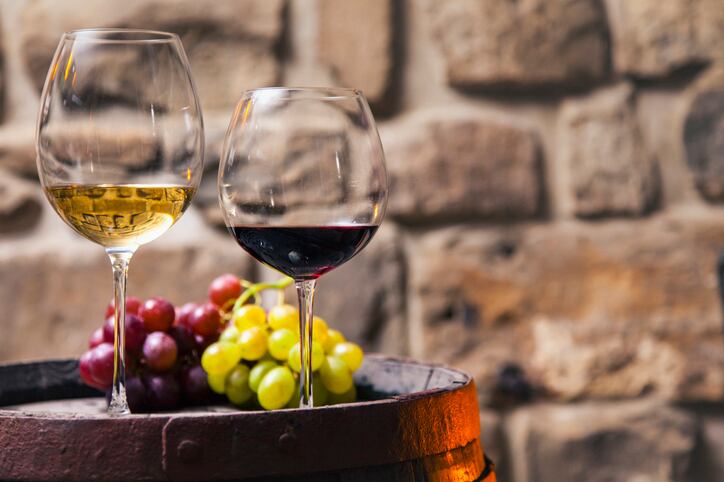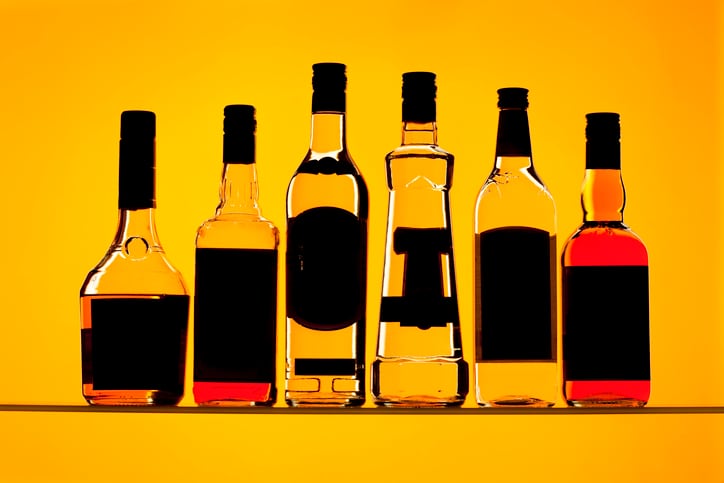The cancer risk from alcohol has been a headline topic in 2025. The US Surgeon General wants to see cancer warnings put on alcohol, as does the World Health Organization.
But does it make a difference what type of alcohol is consumed?
Resveratrol - the antioxidant with anti-inflammatory properties that’s found in grapes, some berries and nuts - has often been touted as a benefit of red wine. It is not, however, present in white wine. So is red wine better for you than white wine?
Researchers from the Brown University School of Public Health set out to address the question.
The role of resveratrol
Alcohol metabolizes into compounds that damage DNA and proteins, contributing to cancer risk.
In 2020, excessive alcohol consumption was linked to more than 740,000 cancer cases worldwide, accounting for 4.1% of all cases.
But red wine is a natural, complicated product with more than just alcohol.
It has often been considered a healthier alcohol option because it contains a higher number of antioxidants, including flavonoids and polymeric tannins, than white wine.
Numerous experimental studies have found that resveratrol, a polyphenol stilbenoid in red wine, inhibits the proliferation of several different types of cancer cells (in fact, resveratol touts numerous health benefits and is sometimes taken as a supplement).

Yet few studies have drilled down on this and evaluated the cancer risk of red wine compared to white.
To address this research gap – and especially the vast and often contradictory literature on the carcinogenicity of red and white wine – the Brown University team compared the cancer risks of red and white wine by analysing 42 observational studies involving nearly 96,000 participants.
The team found no differences between cancer risk and the two types of wine.
There was no clear evidence that red wine mitigates cancer risk. That’s despite the fact that resveratrol has been investigated extensively as a potential chemopreventive agent, because it has been shown to inhibit the proliferation of cancer cells.
“A potential reason why we did not observe a difference in cancer risk between red and white wine may be that resveratrol has a fast metabolism,” note researchers in the study.
“Although concentrations of resveratrol are greater in red compared to white wine, studies have demonstrated that resveratrol is metabolized quickly, with nearly 75% excreted via feces and urine.”
The study found no overall increase to cancer risk from consuming wine – regardless of type. But this changed when looking at sub-groups.
Researchers found a stronger association between white wine intake and increased overall cancer risk among women: a finding that warrants further investigation. And wine intake (both red and white) was associated with increased breast cancer risk.
Heart health
The Brown University study compared the cancer risk of red wine and white wine, finding no difference between the two.
But resveratrol could still be a positive point for red wine over white when it comes to heart health. Resveratrol might help prevent damage to blood vessels, lower low-density lipoprotein (LDL) cholesterol, also called the "bad" cholesterol, and prevent blood clots.
Some research shows that resveratrol could be linked to a lower risk of swelling and irritation, called inflammation, and blood clotting. Both can lower the risk of heart disease.
But other studies have found that resveratrol does not protect against heart disease.
Medical experts say not to start drinking red wine to help heart health.
Another observation the researchers made was that the consumption of white wine – but not red wine – was associated with an increased risk of skin cancer (in fact, they calculate a 22% increased risk of skin cancer associated with white wine compared to red wine).
The reasons for this remain unclear. It could be that heavy consumption of wine is correlated to high-risk behaviors – such as indoor tanning and lack of sunscreen use – but that would not explain why white wine, in particular, is the culprit.
Despite the interesting results at a sub-category level, the key takeaway in the red wine vs white wine battle is clear.
“Our findings provided a critical public health message that drinking red wine may not be any better than drinking white wine in terms of cancer risk,” conclude the researchers.
Source: Consumption of Red Versus White Wine and Cancer Risk: A Meta-Analysis of Observational Studies, Nutrients 2025, 17(3), 534; https://doi.org/10.3390/nu17030534



